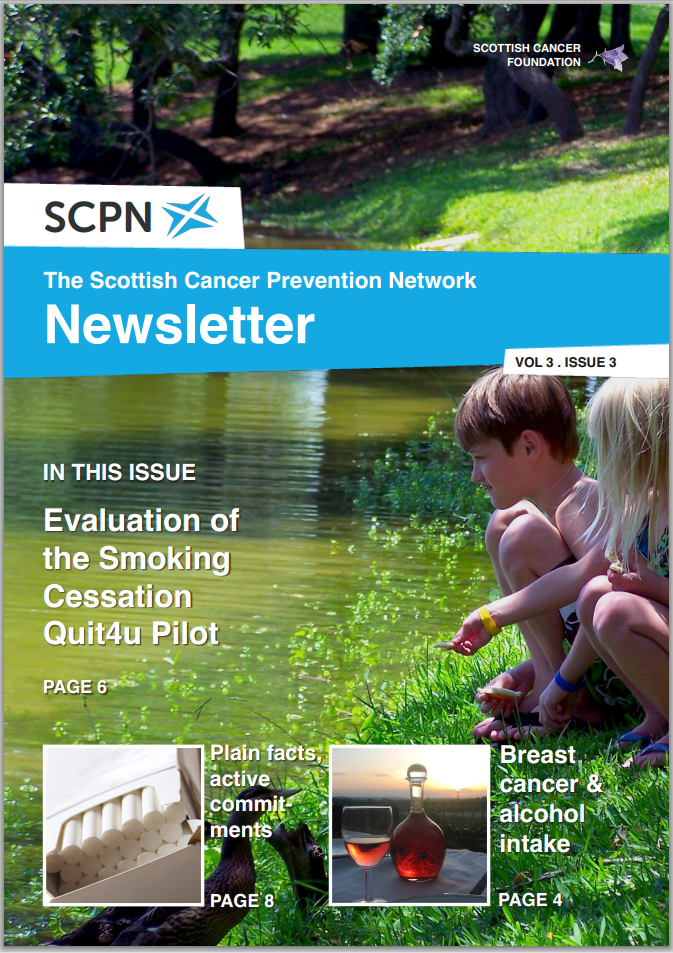
We can Eliminate Occupational Cancer

05 Aug 13 |
Occupational cancers from dusts, chemicals and other workplace hazards are still an important public health concern. Each year in Britain there are around 13,500 additional diagnosed cases of cancer caused by past working conditions1. Lung cancer may be caused by exposure to asbestos, soot from diesel engines and dust containing crystalline silica. In addition about 2,000 cases of breast cancer annually may be attributed to hormonal disruptions caused by long-term work on the night shift2.
In Scotland there are some work-related cancer “hot-spots”. West Dunbartonshire has six times the average incidence of mesothelioma and the highest male death rate in the UK. Mesothelioma is a cancer that is closely related to past asbestos exposure, in this case from the shipyards and other local industries.
All work-related cancers could be prevented. In the future we expect that the incidence of occupational cancers will decrease. There is good evidence that working conditions are generally improving and exposures that cause cancers are decreasing. Due to improvements in technology, in most industries the average level of exposure to hazards is reducing by about 50 percent every decade3. If these improvements can be accelerated, in 20 years we could see an end to almost all workplace exposures that lead to cancer, and have eliminated occupational cancer as a public health priority4.
Almost all occupational cancers are now caused by just ten hazardous exposures – these must be our priority for action. We need to convince managers, workers and others with a stake in the workplace that improving controls and reducing exposure to these agents is an important way to protect lives.
John Cherrie | Research Director, Institute of Occupational Medicine, Edinburgh
- Rushton L, Hutchings SJ, Fortunato L, et al. (2012). Occupational cancer burden in Great Britain. Br J Cancer 107: S3–S7.
- Slack R, Young C, Rushton L, with the British Occupational Cancer Burden Study Group. (2012). Occupational cancer in Britain. Br J Cancer 107: S27–S32.
- Creely KS, Cowie H, van Tongeren M, et al. (2007). Trends in inhalation exposure – a review of the data in the published scientific literature. Ann Occup Hyg 51:665–678.
- Cherrie J. (2008). We can eliminate occupational cancer from chemicals. Occup Med (Lond) 58: 314–315.
This article was originally published in the SCPN Newsletter, Volume 3, Issue 3.
Read the full issue here:

The SCPN Newsletter: Volume 3, Issue 3
In this issue, we evaluate the Quit4U smoking cessation pilot, cover plain cigarette packaging in 'Plain facts, active commitments,' explore the links between alcohol intake & breast cancer, and more.